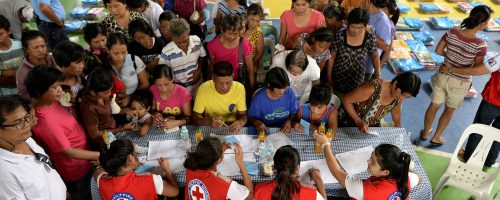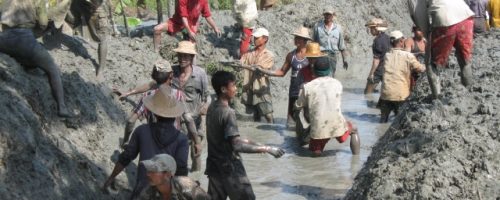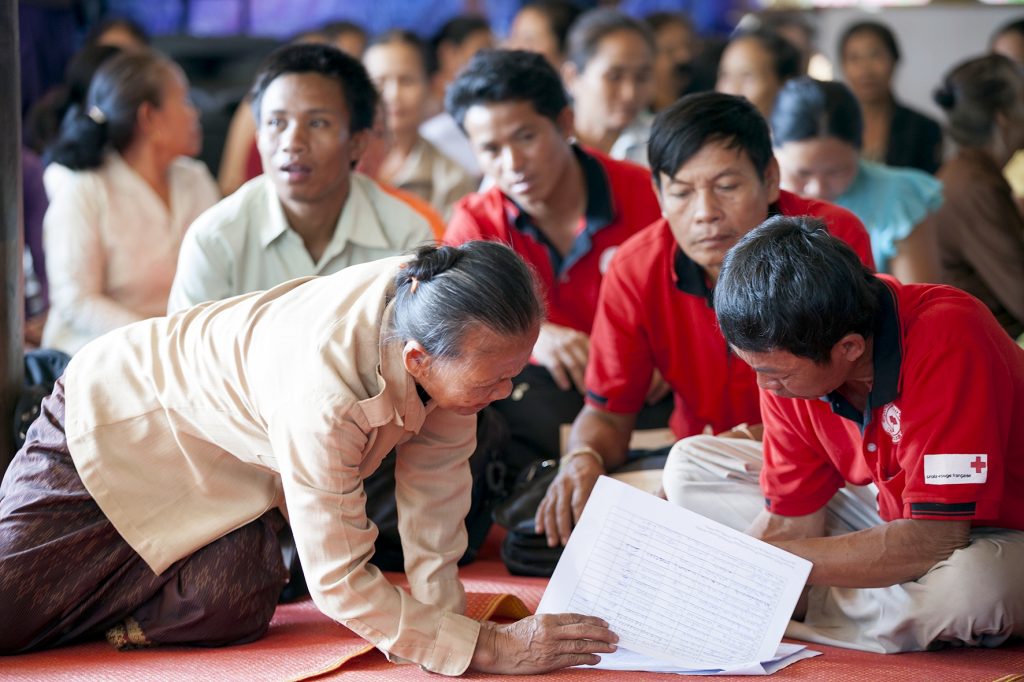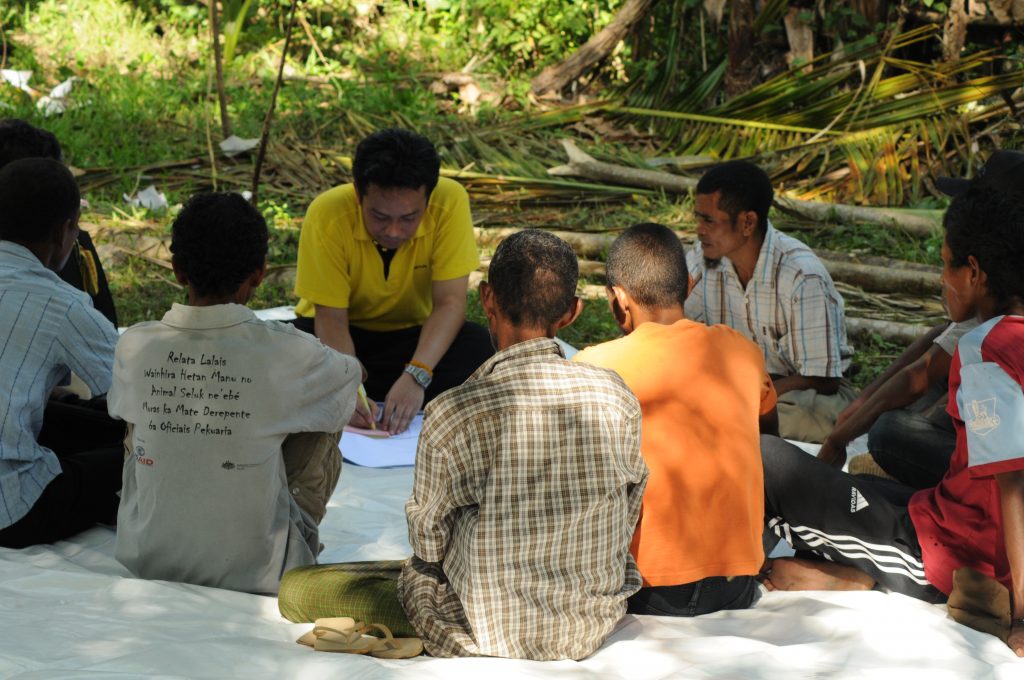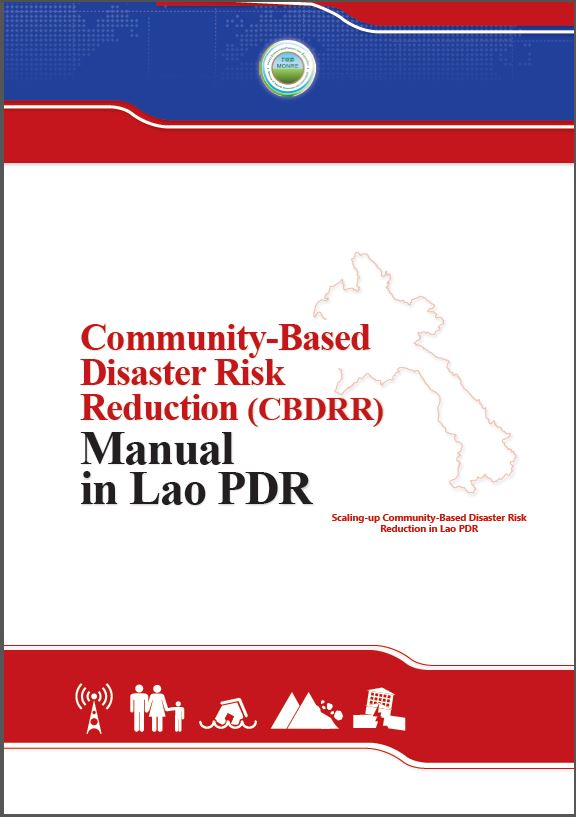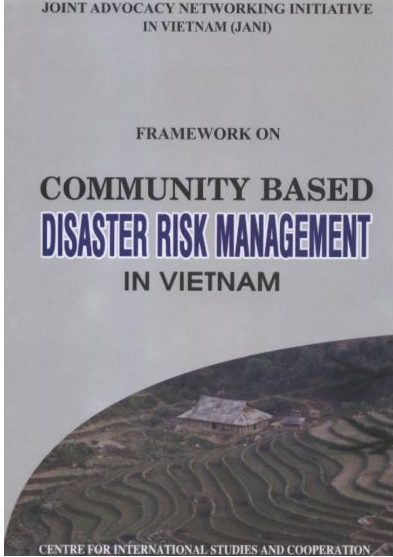The regional perspective
The community based approaches to disaster risk reduction recognizes the fact that in the immediate aftermath of a disaster, the first response always comes from the community itself. It also recognizes the fact that in many cases, top down approaches may fail to address the specific local needs of vulnerable communities, ignore the potential of local resources and capacities and may in some cases even increase people’s vulnerability. Community-Based Disaster Risk Reduction seeks ways to help communities effectively use local resources and capacities to better prepare for disasters, and to adopt measures to reduce their vulnerability.
In order to do this, together with the community, Red Cross and Red Crescent societies conduct Vulnerability and capacity assessment (VCA) together with the community. VCA is a process of participatory investigation designed to assess and address major risks affecting communities. It aims to determine people’s vulnerability to those risks, and their capacity to cope and recover from a disaster.
Together with the National Societies, IFRC conducts comprehensive Disaster Risk Reduction Field Sessions to help build communities that can prepare for, adapt to, withstand and recover from external and internal shocks. Disaster Risk Reduction (DRR) Field Sessions combine practical activities with theory to help communities identify and tackle critical vulnerabilities as they draw from years of collective experience. The sessions were developed through “action learning” and “action research” with communities.
Guiding Documents
- IFRC Framework for Community Resilience (2014)
- Characteristics of a Safe and Resilient Community – CBDRR Study, Sep 2011
- Key determinants of a successful CBDRR programme – CBDRR Study, Sep 2011
- Understanding community resilience and program factors that strengthen them – A comprehensive study of Red Cross Red Crescent Societies tsunami operation – Jun 2012
- The long road to resilience – impact and cost-benefit analysis of community based disaster risk reduction in Bangladesh
- Infographic: Resilient Communities in Myanmar projects
- Philippine Red Cross: Guidelines for Implementing the Integrated Community Disaster Planning Model
- Thai Red Cross: Guide to Community-Based Disaster Risk Reduction (CBDRR) Implementation (THAI)
- Philippine Red Cross: Disaster Risk Reduction and Management
- Philippine Red Cross: Community-Based Early Warning System Training Manual
- Philippine Red Cross: Preparing for Disaster – A community-based approach
- Lao Red Cross: Community Based Disaster Risk Reduction Programme: Guidelines for selection of Red Cross Volunteers
- Lao Red Cross: Community Based Disaster Risk Reduction Volunteer Manual 2011
Training Documents
Myanmar Red Cross Society Community Based Disaster Risk Reduction series:
- Community Based Disaster Risk Reduction Manual
- Community Based Disaster Risk Reduction Step-by-Step Methodology
- Community Based Disaster Risk Reduction Framework Facilitator Guide
- Community Based Disaster Risk Reduction Framework Participants Handbook
IFRC South Asia Regional Delegation Community-Based Disaster Risk Reduction for Field Practitioners series:
- CBDRR Curriculum
- CBDRR Participant’s Workbook
- CBDRR Facilitator’s Guide
- CBDRR Supplement of Facilitator’s Guide
Community-Based Disaster Risk Management – Field Practitioner’s Handbook
More Resources
![]()


